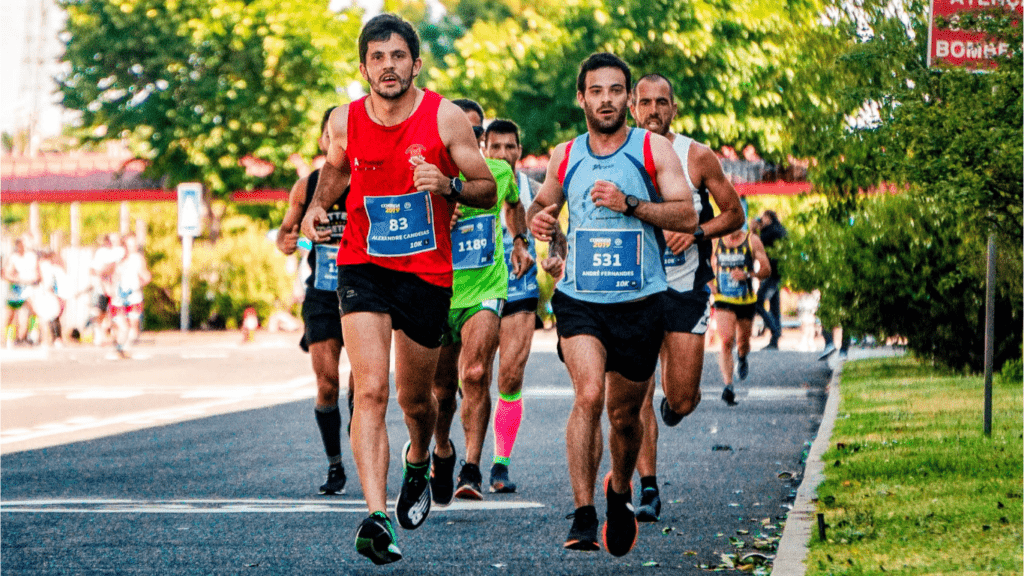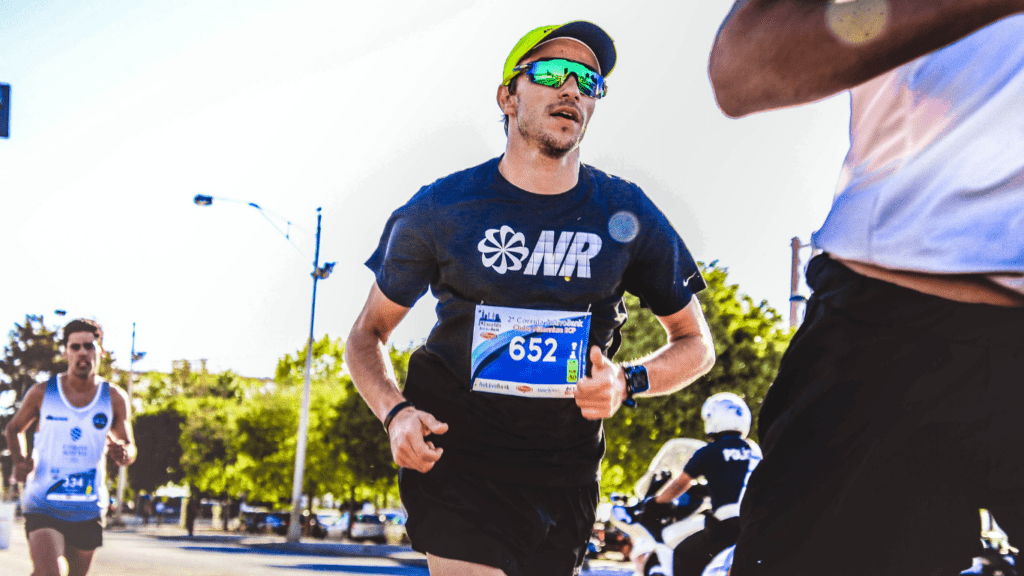Pushing through the grueling miles of a long-distance run or ride isn’t just about physical endurance—it’s a mental game. I’ve learned that mental toughness can make or break performance when the body feels like giving up. It’s not something you’re simply born with; it’s a skill you can build and refine.
From staying focused to silencing self-doubt, developing psychological resilience is crucial for tackling those long, demanding challenges. Whether you’re training for a marathon or conquering a multi-day cycling event, mastering your mindset can transform how you perform. It’s time to unlock the tools that’ll keep you going when it matters most.
Understanding Mental Toughness In Long-Distance Performance
Mental toughness refers to the psychological resilience required to endure prolonged physical exertion and challenging conditions. In long-distance performance, it enables athletes to push through pain, fatigue, and obstacles that often arise during extended efforts. This skill directly influences the ability to sustain focus and maintain optimal performance during physically and mentally taxing situations.
Key traits of mental toughness include self-discipline, emotional control, and perseverance. Athletes who possess strong mental toughness set clear goals, manage stress effectively, and maintain confidence even when faced with setbacks. For example, handling the urge to stop during a marathon or recovering from a mid-ride mistake in a long cycling event depends heavily on these mental attributes.
Building mental toughness means developing strategies like:
- visualization
- positive self-talk
- mindfulness
These techniques enhance focus and prepare the mind to confront challenges more effectively. For instance, visualizing a successful finish can reinforce determination during tough moments.
Key Psychological Skills For Building Mental Toughness

Developing mental toughness requires mastering specific psychological skills that support endurance. These skills enhance performance by improving motivation, focus, and emotional resilience during long-distance challenges.
Goal Setting And Motivation
Setting clear, achievable goals strengthens commitment and provides direction during long-distance activities. I recommend using both outcome goals, like finishing a marathon, and process goals, such as maintaining a steady pace. Tracking progress regularly builds confidence and reinforces motivation, especially during setbacks. Break larger objectives into smaller milestones, as reaching them creates a sense of accomplishment.
Visualization And Positive Imagery
Visualization involves mentally rehearsing success before performing. I use this technique to imagine overcoming challenging scenarios, like steep inclines or fatigue, to build mental strength. Positive imagery, such as visualizing a strong, efficient stride or crossing the finish line, energizes and motivates. Practicing these methods consistently reduces performance anxiety and enhances readiness.
Emotional Regulation Techniques
Managing emotions during high-stress moments prevents mental fatigue and maintains composure. I apply techniques like controlled breathing to reduce tension when overwhelmed. Progressive muscle relaxation helps release physical stress that can compound emotional strain. Labeling emotions, such as identifying frustration or doubt, can lessen their impact by creating awareness and promoting rational responses.
Focus And Concentration Improvement
Improving focus enhances decision-making and performance under pressure. I practice mindfulness exercises to train attention and reduce distractions. Using external cues, like counting steps or focusing on my breath, anchors my mind during extended efforts. Concentration is also supported by deliberately ignoring negative thoughts, redirecting my attention to actionable strategies that sustain forward momentum.
The Role Of Resilience In Endurance Events
- Resilience determines how effectively I adapt to challenges during endurance events. It’s my ability to persevere through physical and mental stress, especially when fatigue, weather conditions, or setbacks test my limits. This psychological trait enhances consistency in performance and sustains motivation over extended durations.
- Adaptability improves resilience by helping me adjust to unforeseen obstacles. For example, unexpected injuries or equipment failures require quick problem-solving and emotional balance to stay focused. Viewing setbacks as opportunities to learn strengthens my ability to handle future adversity.
- Emotional regulation prevents negative reactions that derail performance. When I manage stress with techniques like deep breathing or reframing, I stay composed under pressure. For instance, remaining calm during a sudden pace change in a race ensures I conserve energy and maintain strategy.
- Self-belief plays a vital role in enhancing resilience. Confidence in my preparation and abilities builds trust in my capacity to succeed despite difficulties. This mindset helps me push forward when exhaustion or doubt arises during long-distance events.
- Resilience fosters mental recovery, allowing me to bounce back after failures or poor results. By setting clear post-event goals and identifying areas for improvement, I shift focus toward progress rather than dwelling on setbacks. This proactive approach reinforces my emotional durability over time.
The Connection Between Mind And Body In Long-Distance Performance
- Physical performance is inseparable from mental capacity in long-distance activities. The body responds to the mind’s commands, and mental states can significantly alter physical outcomes. When fatigue sets in, mental strategies can dictate whether an athlete continues or gives up.
- Stress directly impacts physical performance. Increased stress levels can raise heart rates, disrupt breathing patterns, and impair energy efficiency. By managing thoughts and emotions, athletes can maintain optimal physiological states during intense efforts.
- Focus enhances physical endurance. Maintaining concentration on pace, rhythm, or breathing keeps the body aligned with performance goals. Athletes relying on mental focus sustain energy levels more effectively during extended sessions.
- Emotional control minimizes physical strain. Negative emotions, such as frustration or self-doubt, can increase tension and drain energy. Practicing emotional regulation allows athletes to relax muscles and conserve energy for critical moments.
- Mental imagery activates physical responses. Visualizing success or efficient movements improves neuromuscular coordination, enhancing technique and reducing unnecessary effort. Through repetitive mental rehearsal, athletes condition themselves for better physical execution.
- The interconnectedness of mental and physical aspects becomes most apparent under pressure. Adaptable and confident athletes use their minds to mitigate stressors affecting their bodies, improving overall endurance and performance stability.



 Lead Training Analyst
Lead Training Analyst
